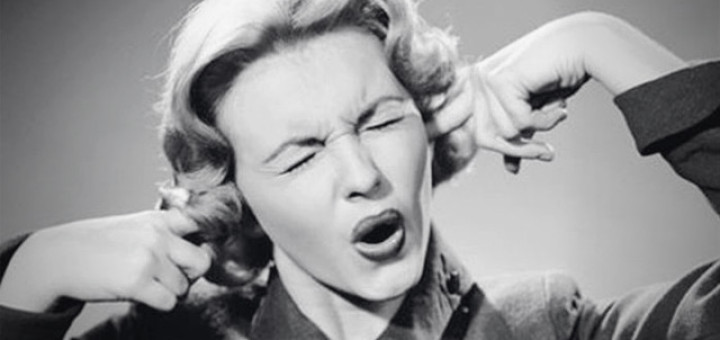Noise and Think
Noise and Think
I spent quite a lot of time in the 60’s in what was, at the time, referred to as “Coffee Bars.” They were quite social places. Routinely we would go there straight from school, and then, if we were going to some event or other, we would be out and about for the evening, returning afterwards to our second home, which was – you guessed it – the Coffee Bar. I am not sure how they made a profit as usually we could only afford one frothy coffee per night from their new-fangled machine.
The “wealthy” ones amongst us, and they were few, would put money in the jukebox, or occasionally play the pin ball machine. Am I speaking a foreign language?
I moved on to some of the meeting places youth that were even more noisy, which, in Birmingham in the 1960’s were packed out with “standing room only.” Usually, I ended up jammed next to very large speakers which made hearing anything other than what came through the speaker impossible. Hence conversation was difficult, if not, near impossible, unless you did what I see being done even in night clubs today, that is, one puts one’s lips as close to the person’s ear as possible and complies with the need to shout. The usual response was a primal retort of, “What?”
On the rare occasions when conversation could reasonably and rationally take place, which in those days usually meant a record was being changed somewhere in the depths of the building, I, being sort of odd would ask people who were pressed in on me, “What was the meaning of life?” or “Why are you here – not just here in this place, but here on earth?”
Usually I got funny looks. Many of the clientele of the night clubs were taking the latest drugs of the day too – that did not always encourage intelligent conversation. I saw many of the not so nice results of that kind of behaviour. However I did often get responses, of the same ilk of non-coherent talk. I often heard things like, “I come here for the noise, so I don’t have to think.” Or, “I take drugs because that helps me not to have to think.”
For me, I wanted to think. I wanted answers. On top of that, I reckoned I had answers, and still know them, years later, to be good answers. I had found that life is not purposeless, nor is it unreasonable. I do not think life is an accident. I don’t prescribe to what Professor Richard Peters said.
Peters was Professor of the Philosophy of Education at the Institute of Education. He said “Our basic predicament in life is to learn to live with its ultimate pointlessness. We are monotonously reminded that education must be for life, so obviously the most important dimension of education is that in which we learn to come to terms with the pointlessness of life.” (Richard Peters (1919-2011).
I don’t think life is pointless. There is a purpose and there is a point. I do, however, understand why one would want to put noise into one’s brain if one’s education had taught them that what Professor Peters said was correct.
I understand why a person would put things in their ears to block out thought. I understand why one might take drugs to escape the pressures, responsibilities and the hassles of life. I even understand why one might just want to jump off a cliff to stop the pointlessness of the “pointless accident” of life.
As I used to say to my friends amid the deafening noise of the places I went to in Birmingham in the 60’s.
“Stop the noise for a moment, and think!
Ask some good questions! Like: “Why am I here?” “What’s it all about?” “Is there a purpose?” “Is there a God?” And, “Is there a point?”
Thinking for just a short while and asking some real questions will ultimately push out the nonsense and white noise of the “Life is pointless” thought.
AH.
adrianhawkes.blogspot.co.uk
www.adrianhawkes.co.uk
Edited by K. L
W 689




